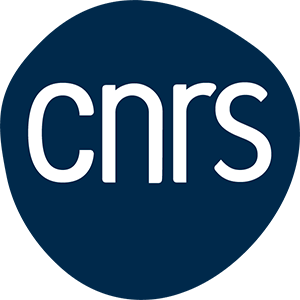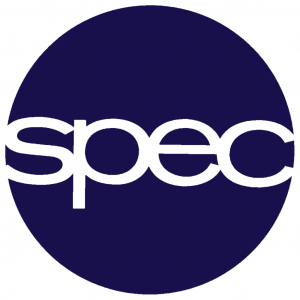Over the past 40 years, density functional theory (DFT) has grown to an almost omnipresent technique. Being born in the field of Condensed Matter Physics by the hand of Walter Kohn, it has expanded to other fields of Physics, Chemistry, Biochemistry, Geology, etc. Furthermore, the theory has been generalized, and is now capable of describing several phenomena beyond the ground-state. In this talk I will give an overview of some novel uses of DFT, that have been the main topic of research for the past years. In particular, I will focus on the following: i) Spectroscopy and time-dependent phenomena. By using the time-dependent generalization of DFT, one has access to excitation phenomena such as absorption and luminescence spectra, interaction of matter with lasers, etc. I will focus on recent calculations of absorption spectra of nano clusters and of chromophores of biological proteins. I will give special attention to the case of the green fluorescent protein and its mutants, and how time-dependent DFT can be used to extract valuable information about the conformation of the chromophores in vivo. Furthermore, I will mention my work on octopus, probably the most complete computer program for TDDFT, and of which I am the main author. ii) Response properties of carbon nanotubes. I will present calculations for the chemical shift of carbon nanotubes using linear response theory within DFT. The results are in excellent agreement with available data and allow to explain recent experiments with double wall tubes. iii) BCS superconductivity. I will briefly present a recently proposed extension of DFT that allows, for the first time, the complete ab-initio calculation of superconducting properties of BCS superconductors. Initial calculations to simple metals, MgB$_2$, and alkali metals under pressure are in very good agreement with experiment.
Centro de Física Computacional, Departamento de Física da Universidade de Coimbra, Portugal




